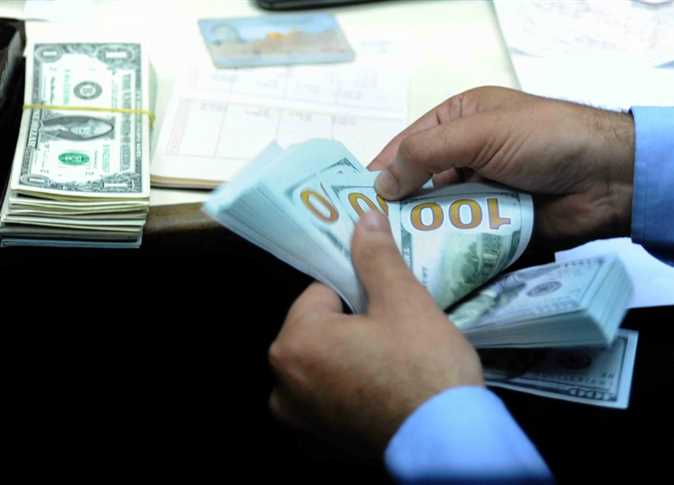
Egypt will apply the minimum wage for workers in private sector companies starting 2022, at a value of LE2,400 (US$152.4) per month.
About 5,000 companies in the ready-made garments and textiles sectors, especially companies exporting abroad, some companies in the tourism and securities sector, retail stores and private schools, will be excluded from the decision due to the economic pressures imposed by the coronavirus pandemic.
Businessmen affirmed their commitment to the government’s decision to implement the minimum wage rate and requested exceptions be taken into account until economic conditions improve.
Minister of Planning and Economic Development Hala al-Saeed estimated the number of workers who will benefit from the decision in private sector establishments at about 20 million, saying the goal of the decision is to preserve institutions and economic entities and employment within economic institutions, as part of the national security for Egypt.
The wage system in Egypt has greatly improved during the past period, especially in the private sector, which always offers competitive wages compared to the public sector because the first sees that employment is one of the components of production and partnership with business owners, head of the Egyptian Businessmen Association, Ali Issa, said.
The government followed into the footsteps of the private sector and applied this experience to workers in public business sector companies, which suffered from bureaucracy and losses as a result of low wages, he added.
In May, the Egyptian government decided to raise the minimum wage for workers in state agencies from LE2,000 ($127) to LE2,400 ($152.4) starting in July 2021.
This increase cost the state budget LE37 billion, according to official data.
Issa confirmed, in exclusive statements to CNN Arabic, that most private sector companies are able to abide by the minimum wage decision, adding that the government will monitor the extent of compliance with the decision.
Issa pointed out that it is difficult for some companies, especially labor-intensive, to implement the decision in light of its high cost and the lack of efficiency by Egyptian workers due to the lack of training, which reduces the competitiveness of local products compared to its counterparts in the market.
The National Wages Council – which is concerned with setting wages in Egypt – received 3,090 individual requests to be excluded from the decision until economic conditions improve, and 2,855 requests from 22 sectors of troubled establishments due to the economic pressures imposed by the pandemic.
The application of the minimum wage to these establishments will be postponed until mid-February.
Issa demanded that companies operating in the agricultural and packaging sectors be included in the list of sectors excluded from applying the minimum wage.
The list of companies that requested an exemption from applying the minimum wage included the ready-made garments and textiles sectors, especially those exported abroad, as well as some companies in the tourism sector, some private schools, stock companies and some retail stores, according to what Saeed said.
Mohamed al-Bahy, a member of the Board of Directors of the Federation of Egyptian Industries, confirmed the commitment of the industrial sector to provide a minimum wage for workers, noting that there are some industrial sectors that offer salaries that exceed the minimum set three times.
Bahy pointed out to the difficulty of applying the minimum wage rate in labor-intensive factories and therefore the state allowed exceptions to the implementation of the decision.
The National Wages Council attributed setting a minimum wage of LE2,400 in to studies it conducted on similar successful cases globally, average wages at the regional level, the sectoral level in Egypt, and inflation rates in Egypt. It added the decision aims to provide a decent life for workers, while at the same time preserve the facility from being affected by the implementation of the decision.
Bahy said, in exclusive statements to CNN in Arabic, that the current minimum wage is modest, and was necessary to take into account inflation and recent price hikes.
Bahy praised the success of national projects in absorbing unemployment, which would have caused a major problem for the state had it not been for the national projects that raised operating levels.
He pointed out to the need for the state to focus during the coming period on providing trained technical labor that raises the competitiveness of the local industry and attracts foreign investment.




